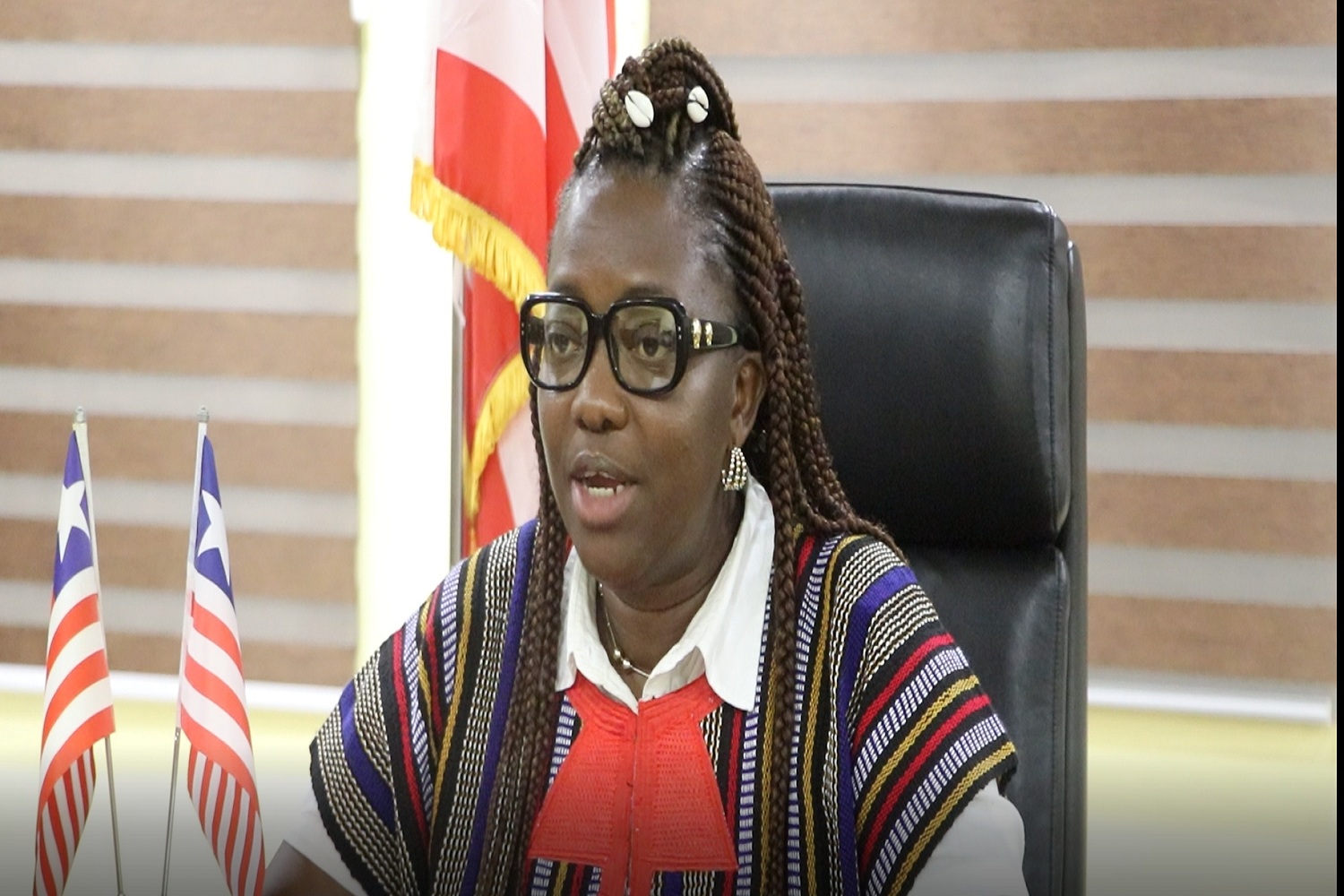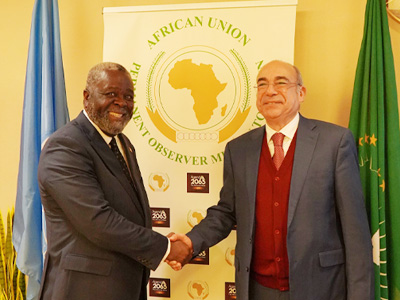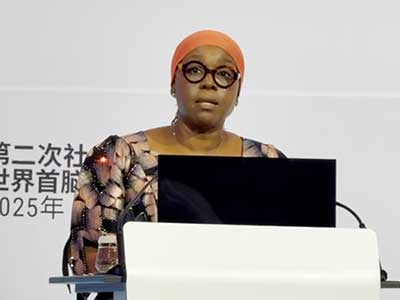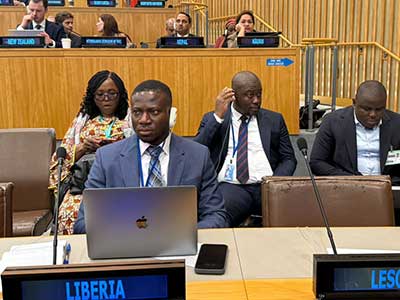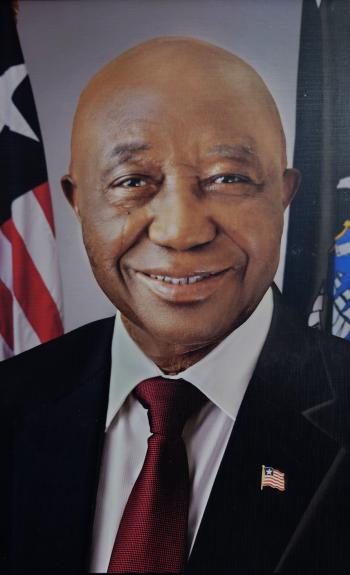Statement by Hon. Williametta E. Saydee-Tarr, Minister of Gender, Children and Social Protection, at the Ministerial Round Table of the 66th Session of the Commission on the Status of women (CSW) on the theme: “Women’s Voice and Agency: Good practices towards achieving women’s full, equal and meaningful participation and decision-making in the context of climate change, environmental and disaster risk reduction policies and programmes”.
My Fellow Honorable Ministers;
Delegates of Member and Observer States;
Representatives of International and National Organizations;
Representatives of Civil Society Organizations;
Members of the Fourth Estate;
Distinguished Ladies & Gentlemen;
Greetings! As Liberia’s Minister of Gender, Children and Social Protection, I am glad to be participating during this Ministerial Roundtable of the Sixty-Sixth Session of the Commission on the Status of Women.
Women, particularly, are disproportionately vulnerable to the effects of climate change, which could exacerbate existing gender disparities. Considering the linked drivers of risk within the context of climate change, environmental degradation and disasters that are rooted in structural gender inequalities; I would encourage member states to focus more on addressing the following:
- Women’s disproportionate share of unpaid care, domestic and communal work and the associated time constraints that intensify in climate and environment disaster contexts, making recovery more difficult;
- High prevalence of violence against women and girls and lack of access to justice, which worsen in climate and environmental crises and disasters;
- Women’s lack of rights, access, and control of resources, particularly land, forests, waterways, ocean and marine resources, which weaken their adaptive capacities, increase their insecurity, limit their livelihood opportunities and limit their decision-making power on the use of such resources;
As part of Liberia’s national strategy, we aspire to:
- Bridge the gap between men and women in the fight against climate change and provide alternative measures in addressing that gap;
- Build the capacity of Liberian women and provide them with technological solutions such as energy efficient cook stoves, fish dryers, recycling machines, etc. to address the impelling effect of climate change;
- Recognize women as a front runner of climate awareness and commission them as climate ambassadors;
- Recognize women as decision-makers, stakeholders, educators, careers and experts across sectors to contribute to policy formulation and decision making, thereby contributing to long-term solutions to climate change, environment and disaster risk reduction on women and girls; and
- Mainstream gender into climate change, risk and disaster prevention policy, action and approaches that will lead to a more efficient, effective and equitable solution and distribution of benefits for all, particularly women, girls and children.
Thank you!

